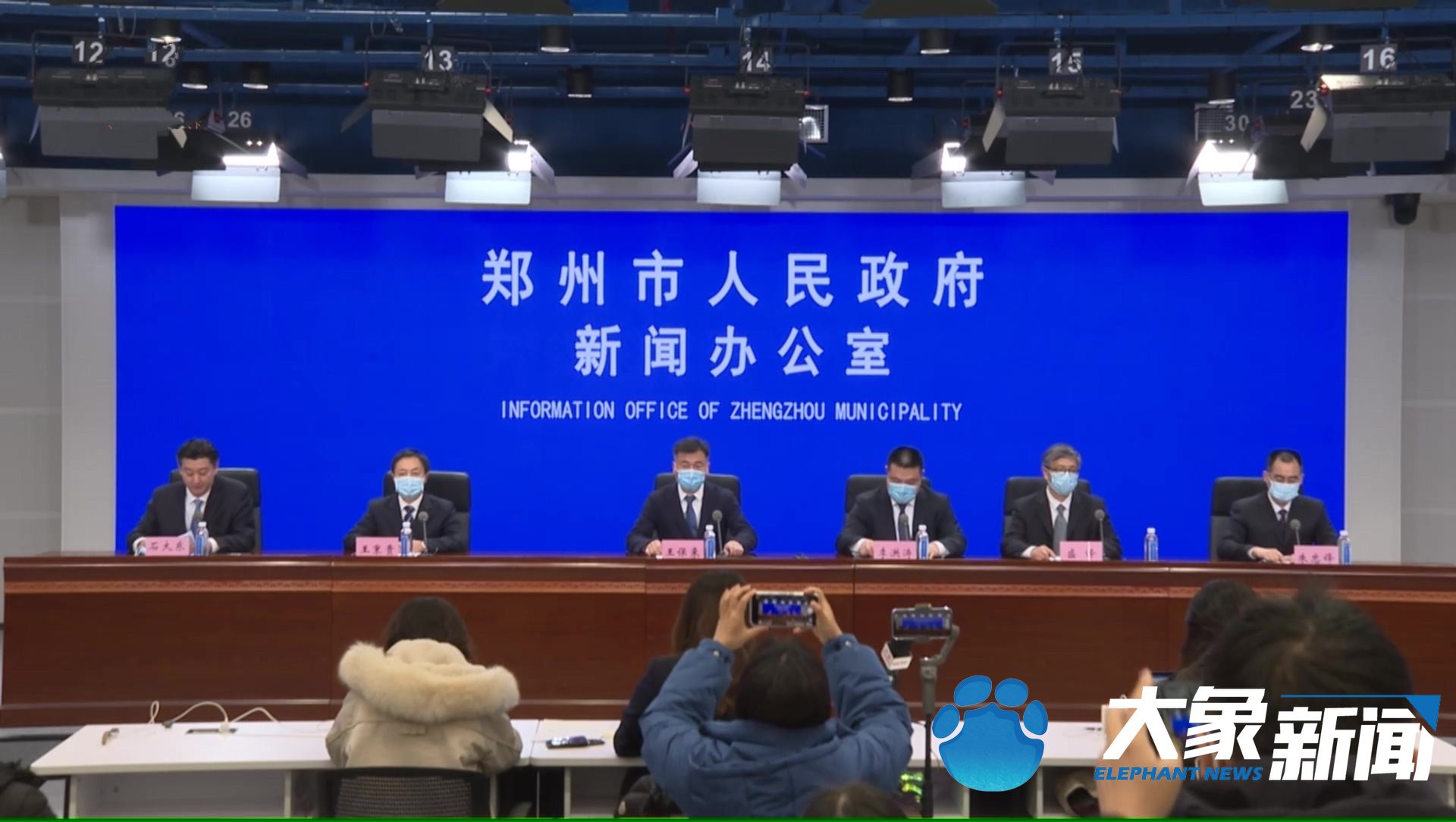High time for China, Europe working together to build a peaceful, prosperous Eurasia
A Chinese-brokered peace deal between the long-term foes Saudi Arabia and Iran has either shocked or delighted audiences worldwide, depending on their geopolitical standpoints. Anti-imperialists, people with a “peace first” attitude, especially directly impacted populations in West Asia, applaud the diplomatic success and hope for more to come, realizing what an economic powerhouse West Asia could become, with the extremely wealthy and resource-rich Arab nations, and the populous and highly industrialized Persian nation, if all the small and big armed proxy conflicts in the region can eventually be defused.
While further development remains not certain, an important foundation has been laid, when the leaders of Sunni and Shia Islam can shake hands and agree to talk. This development caught the West, with all its attention focused on Ukraine, by complete surprise. Even more shocking to many in the West is the fact that the rapprochement was mediated by patient and painstaking Chinese diplomacy. China, which is presented by Western media as a “dangerous”, “expanding”, or “threatening” actor with “no friends”, manages a diplomatic success that has eluded the Western former colonial powers for decades.
 (资料图片)
(资料图片)
There’s no reason why this success should not be welcomed and celebrated by Europe and the US. While the timing may not have been predicted by many, the fact that China brought enemies together to talk peace is no surprise at all to anyone following Chinese diplomacy and political theory.
First, judging from Chinese international activities, it is obvious that for China, more than for any other great power, peace is in its national interest: China’s global “expansion”, i.e. China’s increasing global footprints, is not achieved by territorial expansion, colonialism, or military adventure, but rather through trade at first, and investment later. Investment includes both state-level infrastructure build-up, and individual level migration and small-scale investment in local shops, trade businesses, or other SMEs. All these economic activities need peace to yield a return. None of them requires military intervention, regime change or color revolution.
Second, the political theory of China in recent years has developed a concept called “community of a shared future for mankind”. Although the English translation is not beautiful, its philosophical value is worth to be explored: As humanity is brought together on this planet, whether we want it or not, we can only work together to achieve the best outcome for as many people as possible.
The concept combines the universalist approach of recognizing “we all are humans” and therefore all hope for a good life, with an anti-colonial, anti-imperialist standpoint that allows people to find happiness according to their own culture, values and traditions. It is neither indifferent to the suffering of others, nor imposing one’s own values on others. The concept further analyzes this overarching goal in various fields of “community with a shared future” such as security, economy, environment, etc.; each of which can only be achieved when countries work together, while a nationalistic approach is bound to fail.
Take for example the security community with a shared future strongly supports the globally accepted principle that security of one side mustn’t be ensured by threatening another side. The success of bringing long-term enemies like Iran and Saudi Arabia together to agree to a peace which will benefit both is a great example of this concept. If Iran would successfully develop nuclear weapons, it may feel safe from any Saudi threats, but Saudi Arabia would be very worried, and vice versa. If Iran can receive credible security guarantees, the need for nuclear weapons is reduced, and all sides are safer in the entire region. Saudi Arabia may have historical and religious tensions with Iran, but also for Saudi Arabia it is much better when the region can end its proxy wars and prosper together. Realizing that both sides will live next to each other into the far future is the basic principle to discuss how to end hostilities, rather than “who is right”.
Third, the ethical values of China are in line with the diplomatic success: When peace is secured, economic development can thrive; when the economy prospers, people’s lives can be improved; when people get richer, they can afford higher priced goods which benefits industrialized countries like China and Europe. So, there’s a utilitarian aspect of Chinese national economic interest, but there are also humanist, socialist, and anti-imperialist aspects. Humanist, because humans around the world aspire to a life in prosperity and peace. Some people – typically Western NGOs – may want to preserve everything traditional in other countries. But to romanticize an underdeveloped, tribal society living in autarky rather than joining the world economy is a colonial concept of rich people who would like to see traditional people on their safaris and photo tours. China let’s partners decide for themselves, what forms of development they aspire for, which aspects of their culture they want to preserve, and how. Socialist or Communist because it supports the ideal of “workers around the world uniting” to improve the material lives of the working class. And anti-imperialist because China does not advocate one form of modernity to fit all societies.
One of the most appealing aspects of China for developing countries is the promise that they can modernize and industrialize without sacrificing their identities, cultures, and traditions. Unlike the Western approach of “value-based diplomacy”, with its one-size-fits-all understanding of democracy, its globalist NGOs expected to reach directly into societies that partner with the West, its corporations attempting to set the rules in developing countries, China proposes a world vision which allows nations to define their own boundaries of openness vs. preservation of traditions. There’s admittedly room for improvement, when underdeveloped nations lack the expertise to set strict enough rules when welcoming massive enterprises from China and elsewhere into their nation. But that’s a practical issue to be solved with education and negotiations, not a conceptual flaw.
Lastly, if we look at methodology, the community with a shared future for mankind doesn’t impose itself on other countries, but aims to set mutually agreed principles under which parties negotiate mutually acceptable outcomes. Such an approach takes a lot of time and patience. Various stakeholders and interest groups in each participating country must be taken into consideration and involved in complex negotiations. This needs a lot of manpower, as well as superior coordination and communication skills within a diplomatic corps organizing such negotiations. And it needs the ability to truly listen, not to what one wants to hear, but to what the other is trying to express.
It would be naïve to claim China never uses pressure or monetary incentives to protect its security bottom lines, but isn’t that a far more humanist use of one’s resources in diplomacy, compared with military intimidation, threats, and regime change operations by other great powers to protect their national interest? China offers benefits in exchange for voluntary cooperation. Nobody is forced by China to give up good relations with Europe or the US. This is a show of true strength and self-confidence. And it creates a diplomatic ecosystem within which enemies can find peace, for the benefit of all sides involved, and especially for the people living there.
In summary, Europe should not see this Chinese approach as threatening, because it doesn’t exclude Europe from participating. Neither Iran nor Saudi Arabia was asked by China to stop working with Europe. It’s high time Europe stopped isolating itself from the rest of the world, and worked together with China to build a peaceful and prosperous Eurasia. A diplomatic shorthand is “where the US goes, war follows; where China goes, peace and prosperity will come”. Europe should be clear, which one is closer to its own values.
- High time for China, Europe working together to build a peaceful, prosperous Eurasia 2023-04-18
- 【报资讯】付凌晖:中国正处在消费快速升级阶段,前景是看好的 2023-04-18
- 6-1大胜利兹联,利物浦解锁英超客场250胜里程碑 2023-04-18
- 全球快报:套套牌子有什么区别_套套牌子 2023-04-18
- 全球通讯!郑州善雅医疗美容医院怎么样?王凯/刘中阳医生介绍、双眼皮费用一览 2023-04-18
- 短讯!科思股份(300856)4月18日主力资金净买入1099.38万元 2023-04-18
- 粘胶纤维专用阻燃剂商品报价动态(2023-04-18) 2023-04-18
- 面试季,太狠了!!! 当前热文 2023-04-18
- 以花为媒以节会友 原平市第十三届梨花诗歌艺术节开幕-精选 2023-04-18
- 大和:重申友邦保险买入评级 目标价145港元_环球新动态 2023-04-18

